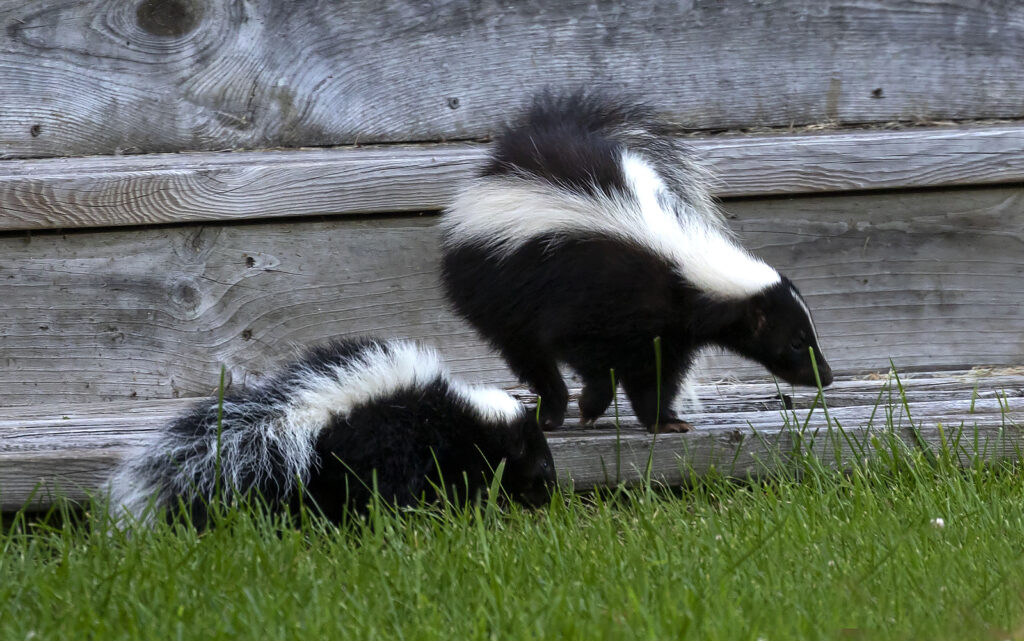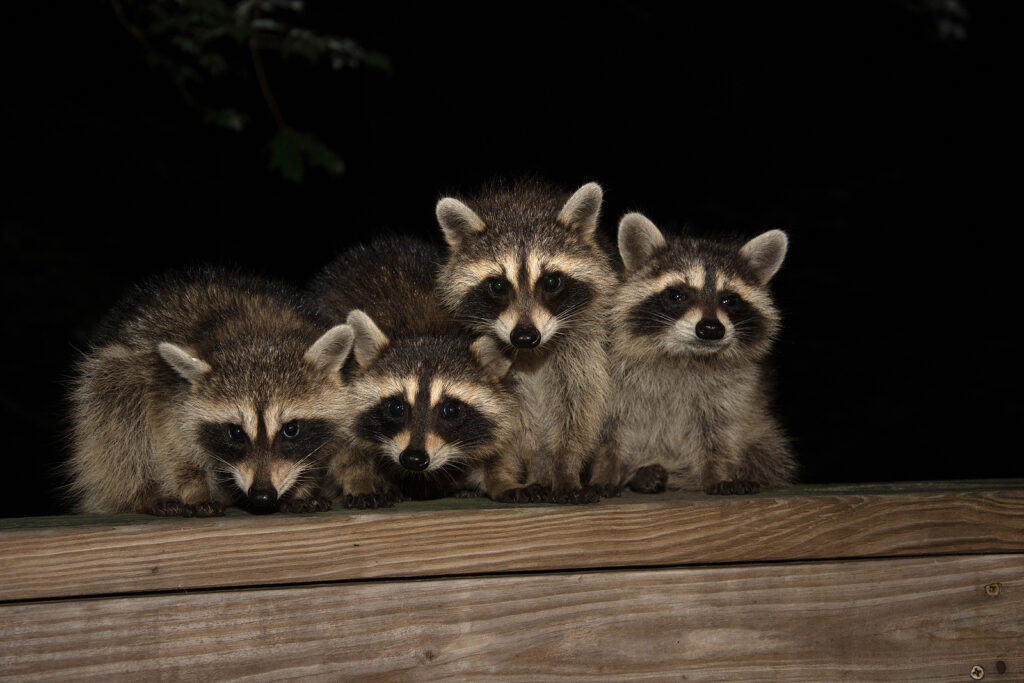Have you been scratching your head, trying to figure out a way to stop pesky skunks from trespassing onto your property? Has your dog been sprayed one too many times by a skunk that seems to never go away? Are you fed up with that distinct skunk smell outside of your house every day? If you have answered yes to any of these questions, then you need to read this article.
Continue reading to learn effective methods for skunk removal and control that you can implement as soon as today!

What You Need to Know About Having a Skunk Problem
There are certain steps a homeowner can take that will make their property seem undesirable to skunks and other pesky critters. As long as you take the proper steps and precautions, you should have no problem abating a skunk presence on your property. Just remember that you should never, under any circumstances whatsoever, attempt to trap, touch, or harm skunks in any way.
Avoid tampering with their environment altogether, until you have the proper assistance and resources for safe animal extraction. Not only is this illegal to harm or trap skunks in Indiana without a proper permits and training, but it is also unethical because it can be dangerous to both skunk and person. But not to worry, as there are several safe and humane ways to get rid of skunks in Indianapolis other than killing or harming them.
Check Under the Porch or Patio First
Keep in mind that the most common area for a skunk to hang out is under the front porch or patio. For some unknown reason, they prefer these dark, cooler areas. Probably a means to protect themselves and their young from being visible to predators; but the problem is, they are usually invisible to us as well. So now you know that if you cannot figure out where a skunk is on your property, but you smell it, it is most likely underneath the porch or deck.
Do-It-Yourself Skunk Control Tips
If you know there are no skunks beneath your porch or patio, go ahead and block off all access point so they cannot make this area their home in the future. Be diligent with this because skunks can surprisingly squeeze through some very small spaces.
Never leave pet food or dishes outside. This is a free, easy, and tasty snack for skunks and many other wild animals. If you have bags of pet food in your shed or garage, be sure to lock them up.
Remove all other food sources from your property, including bird feeders and squirrel feeders.
If you have a garden, always be sure to install fencing around them to prevent skunks from accessing any crops.
Never take the trash out the night before garbage pickup day. And always secure the trash can lids to prevent animals from smelling food and enticing them to find it.
Eliminate hiding spots for skunks by keeping tall grass and weeds mowed. If they cannot hide, they will not enter the premises at all.
Finding Mother and Baby Skunks on Your Property
As for yourself, there are many Do-It-Yourself methods to preventing skunks from living on or around your home, however, if you find a colony of baby and mother skunks, you must call a local Indianapolis animal control company for professional assistance. They use sage and humane methods to extract skunks and relocate them to a faraway and safer habitat.
To get rid of skunks and other nuisance wildlife on your property, you need a professional touch. Contact Budget Animal Removal at 317-875-3099 for DNR licensed and insured skunk removal service in Indianapolis, Indiana today. We serve residential and commercial clients.
You Might Also Enjoy:
Frequently Asked Questions About Nuisance Skunks
Why You Should Never Adopt a Wild Animal
Non-Toxic Repellent Recipe for Nuisance Wildlife




